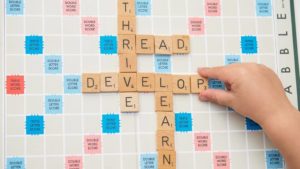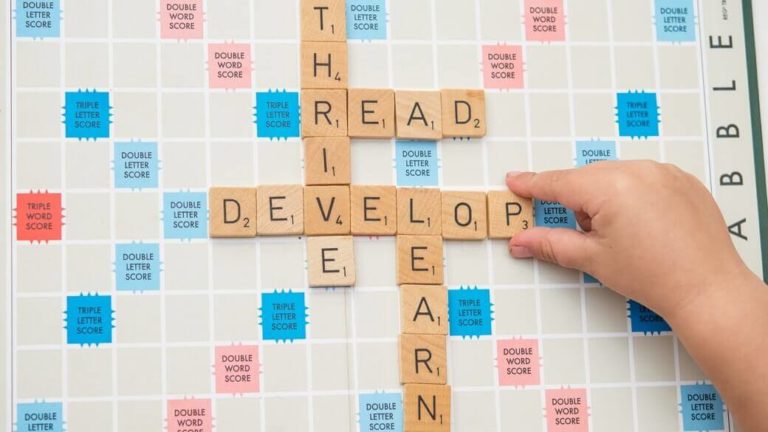Preparing for the 11+: what to do between now and the exams
The 11+ entrance exams can be a stressful and uncertain period. The few months before the exam dates are significant, with revision habits often making the important difference. It is important to note that there are a number of effective learning processes that do work and should be cultivated to equip your child with the right tools for success.
English Comprehension
The purpose of this section of the English exam is to assess your child’s independence as a reader. Students are given an unseen extract and then expected to demonstrate key literacy skills such as identification, understanding, explanation, and analysis. Students that are most successful in these exams are often the ones that have read the widest range of texts. Luckily, this preparation can be an interesting and collaborative process. If you reinforce habits at home where the family share and explore their reading together then you will be modelling some of the thinking processes needed in the exam. One example activity is for family members to choose their favourite book and ask everyone else to read the first two pages. Have a discussion where those who are new to the text share their impressions on the characters and atmosphere created in the opening pages with a golden rule that every idea needs to refer to a quote in the text to support it. Independent schools may choose texts from a wide historical range, so it is crucial to make sure that your child is exposed to Victorian and twentieth century literature. Don't worry if you're not an avid reader yourself, there is plenty of professional help available.
Creative Writing
If the comprehension questions determine your child’s ability to understand the way language is used to create effect, then the creative writing section offers the opportunity for your child to create effects with language. Often parents will find that a child’s writing is slightly weaker than their reading level and with such a tight time constraint to plan, write, and edit a story it is advisable to seek support to ensure that your child can write with confidence in the exam. The creative writing questions often draw upon a number of tried and tested themes or ‘types’ of story: i.e. being lost or afraid, an adventure, favourite memories, an unusual event at school, etc. and so it is good preparation to make sure that your child is practised in writing about these common themes. One of the hardest parts of the creative writing section however is often overlooked in preparation. Students get so caught up in the writing process that planning, and editing are neglected. Instilling the ability to make notes on a clear beginning, middle, and end along with some effective descriptions in the first five minutes of the exam as well as developing the critical ability to spot and correct mistakes in the last five minutes is a simple and often overlooked strategy.
Verbal Reasoning
This paper is often a source of concern for parents because at face value it is the least understood aspect of the selection process. Knowing and understanding the general features of this exam goes a long way to removing that anxiety. The Verbal Reasoning paper assesses your child’s ability to use language in a logical and intuitive manner. Example tasks will include making connections between groups of words, completing word patterns, and spotting anagrams. There is, therefore, a huge potential to make this revision process an enjoyable and stimulating experience. iTunes offer a number of well-reviewed Verbal Reasoning apps which can be practiced on a regular basis. And even popular family games such as Scrabble, Articulate, and Boggle all offer opportunities for your child to develop their perceptive use of language. Of course, it is often important to seek more expert help from an 11+ tutor who can break down and explain the tips and techniques that allow your child to engage with these unusual questions with confidence.
Building Confidence
As with all challenges in life, psychology plays an important role. And this is particularly true with the 11+ exams and all the pressure that they put upon parents and students. Here are a few effective tips that help learners to develop confidence and resilience. Perhaps the most important is the celebration of mistakes. At this age, students are often very concerned with doing things correctly. Perhaps they are used to being top of the class and not accustomed to getting things wrong. With such a demanding academic challenge, it is beneficial to cultivate an environment where every mistake is seen as an opportunity. If your child struggled to understand the comprehension paper the chance to talk through what was difficult, where they went wrong, and how they might improve next time is incredibly positive. Do note that what the independent schools are looking for is a demonstration of academic independence. Therefore the more conversations you can have where your child reflects on their own learning the better. Try and make sure that language and questioning increases autonomy, and this should also hold true for any tutor that supports your child. A good tutor will teach your child how to spot the mistakes in their own writing rather than simply pointing out those mistakes. Through a positive, reflective dialogue your child’s confidence is increased as they take ownership and build a greater awareness of their skills.
Being Prepared
The popular axiom ‘practice makes perfect’ is of course applicable to this situation. However, don’t confuse practice with repetition. Your child’s preparation shouldn’t just be a litany of past papers. At this stage, you and/or your child should be able to answer these three simple questions. What are my child’s strengths? What are their weaknesses? What is the next target in their learning? If you are unsure about the answers to those questions, get a professional assessment. Preparation should be a planned process with clearly defined targets. Yes, it is important to develop routines such as reading a new short story every Friday morning, but this should be complemented with focused revision where all agree that on Saturday afternoon the objective is to practice skimming and scanning strategies and next Saturday afternoon will develop the use of quotations. Families that identify their child’s key areas for development and then seek help to support those areas feel much less overwhelmed by the whole process and find that they can manage the revision process much more effectively. Again, to boost confidence and autonomy involve your child in this process. Ask them to self-assess or reflect on their work, check what they feel they need support with, and when they are ready to move on. And above all, remember that these exams aren’t asking more than the students can do. If you set up the right support, alongside enjoyable and reflective learning habits, then your child will feel that these exams are no longer a scary unknown but are actually stimulating and creative activities, to excel at.
Related subjects
Our tutors are rated 4.9 / 5 based on 1116 reviews.



Start the discussion!